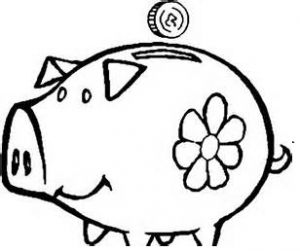1. Choose a low down payment loan.
There is no law that says you MUST put 20% or even 10% down. There are some loans that require as little as 3% or even zero down. This is attractive for three reasons: It’s hard to save for a large down payment, you could earn more interest on that money than you’re paying in interest on the loan, and it’s nice (and sometimes necessary) to have cash on hand after buying a home.
2. Have someone give you money to pay closing costs.
A relative, church or nonprofit organization can give you money for closing costs. Cash gifts from wedding gifts can also be used.
3. Ask the seller to pay some of your closing costs as part of your offer.
Sellers are usually allowed to contribute to a buyer’s closing costs.
4. Do not pay too much insurance at closing!
Most Lenders require 14 months hazard insurance paid at closing, so be ready. What happens to that extra money? It sits in your escrow account until you sell the house. It’s safe there, but it often earns no interest.
5. Remember, the homes that you’re looking at don’t belong to your agent.
You must be straightforward about your likes and dislikes in order for the agent to do the best job for you. Your agent should show you everything available that meets your requirements. Don’t make a decision on a house until you feel that you’ve seen enough to pick the best one. Review the Multiple Listing printout with your agent to make sure that you are getting a COMPLETE list.
6. Shop around for your home insurance.
A little shopping might help save you money.
7. You can deduct money paid for discount points from your gross income before computing your tax.
See a CPA for more information.
